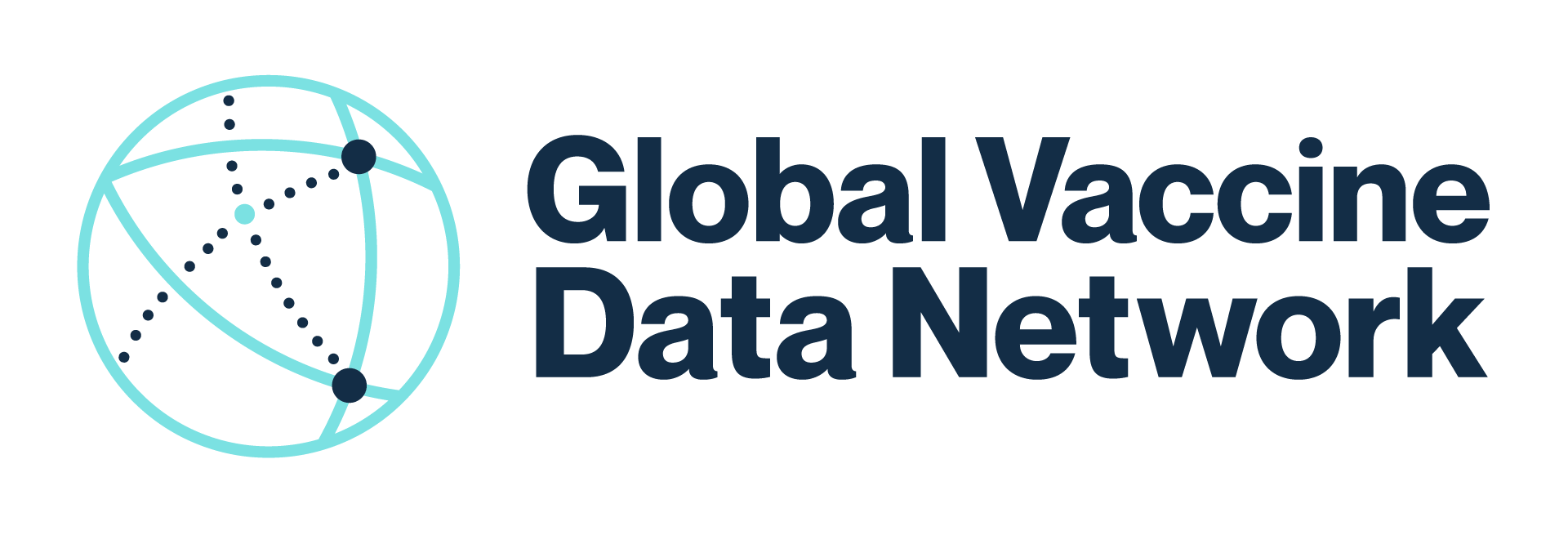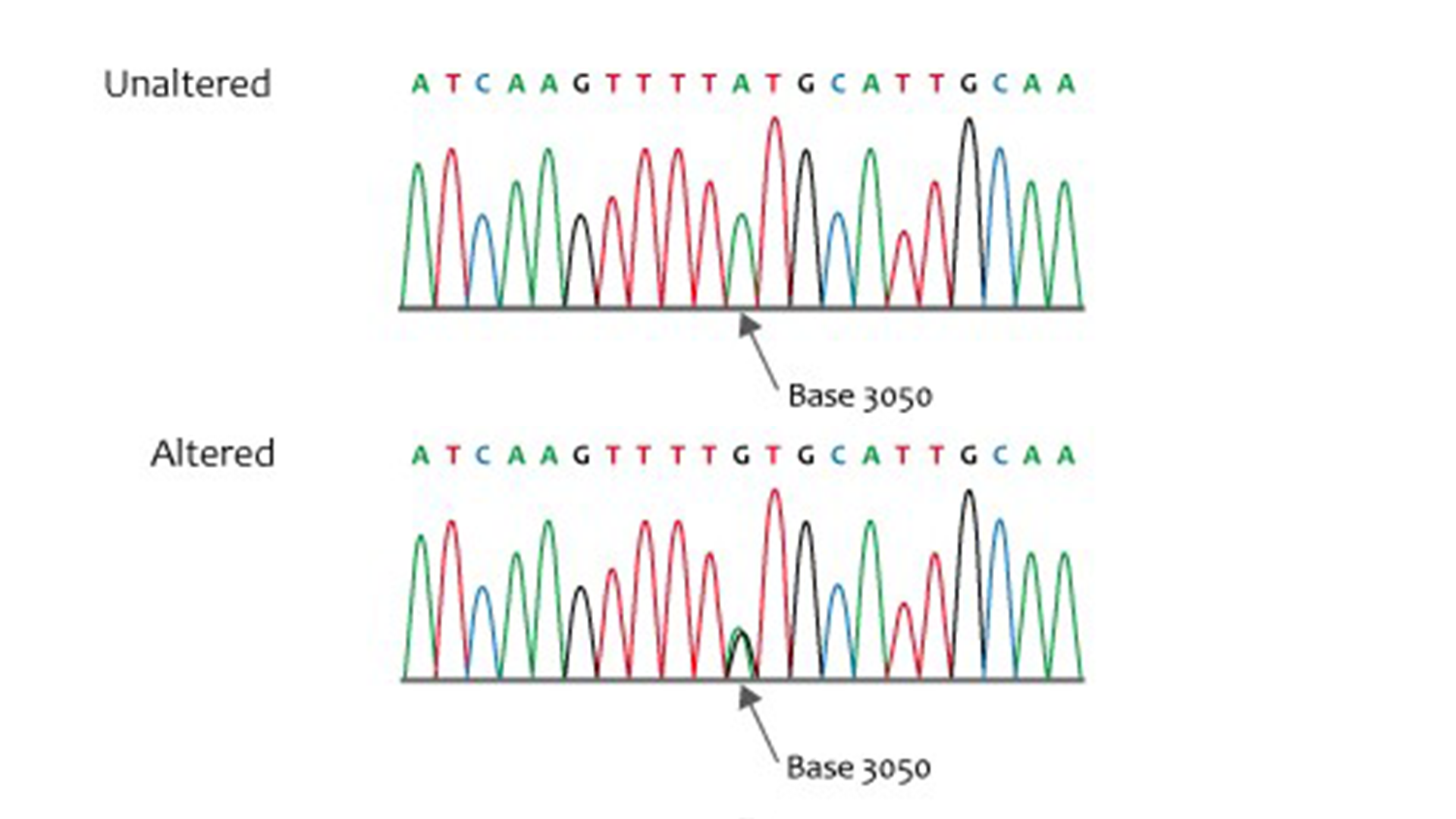Our blog is a science blog. It is written by clinicians and scientists with specific expertise in vaccine safety science with the aim of providing evidence-based, informal commentary on current and emerging issues of vaccine safety.
The views are those of the authors and do not necessarily represent or reflect the views of the Co-Directors, Scientific Advisory Committee, or partners of the GVDN®; or UniServices at University of Auckland, Waipapa Taumata Rau.
Our view is that accurate, consistent, and transparent communication about all aspects of vaccine safety and effectiveness is critical for stakeholders from global health agencies to vaccine recipients in their local community.
Vaccinology is a broad field in its own right and draws on a number of pure and applied sciences. All authors are experts in the field of vaccinology and topic they are blogging about. They will bring their own specialist perspectives, including in epidemiology, biostatistics, global health, immunology, infectious diseases, public health, and public policy.
Vaccines authorised for use are incredibly safe, but the risk for serious side effects is not ‘0’. Vaccine safety scientists exist because vaccines are not 100% safe.
Vaccine safety signals are essential to stimulate questions about the potential relationship between a vaccine and an adverse event.
Any adverse outcome from vaccine use is a concern to everyone, from vaccine manufacturers to the people who experience them. Vaccines in a way are like cars – incredibly safe and effective, but not without some risk.
Given the breadth and magnitude of vaccine safety activities, it is surprising how wide the belief is that the world relies on voluntary reports of adverse events, even among health professionals.




